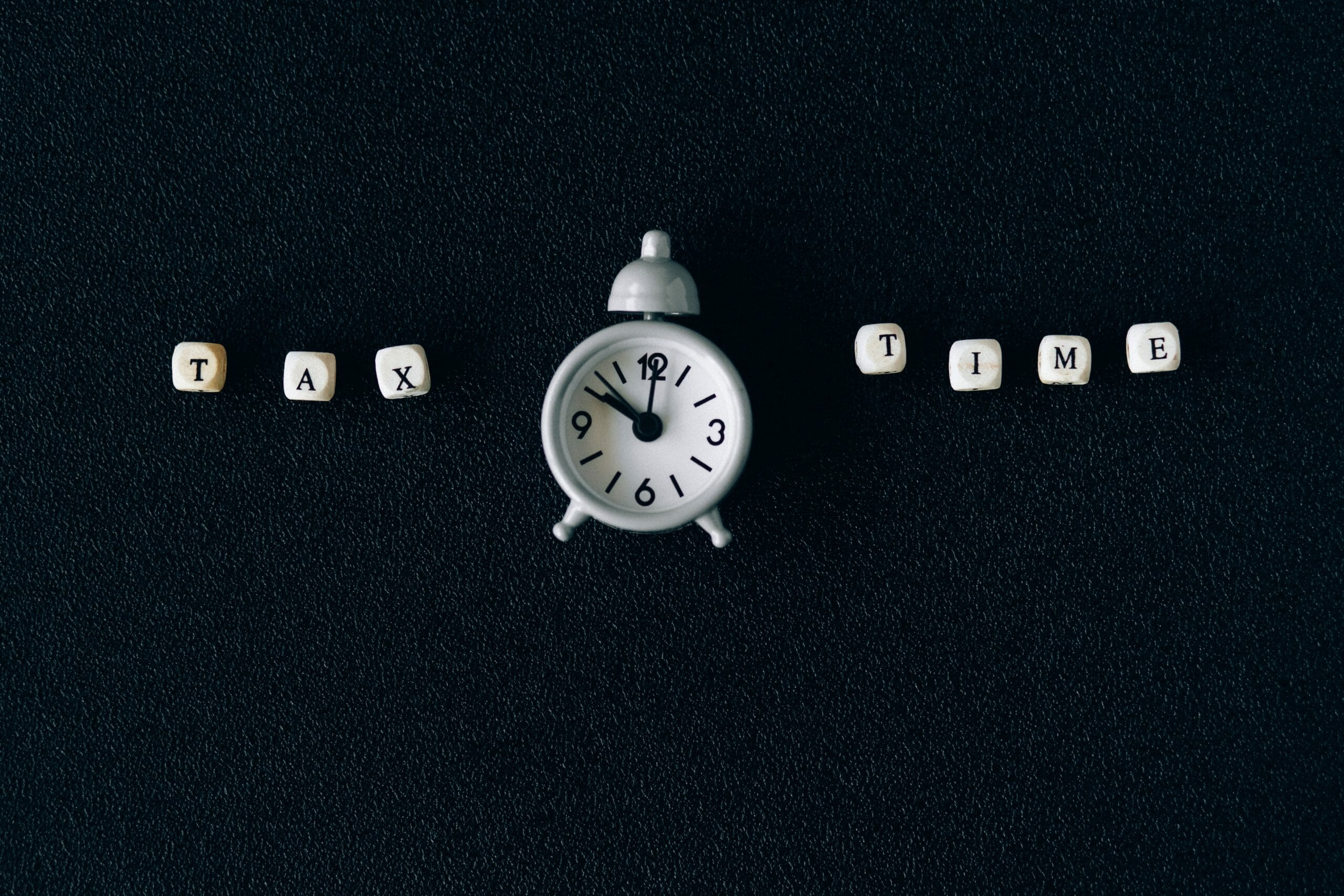Subscribe to Our Newsletter
Subscribe to our newsletter to stay updated on our news
Marriage Allowance: A Guide to Tax Savings
BILLY EDWARDS
What is Marriage Allowance?
Marriage Allowance is a UK government scheme that enables married couples or those in a civil partnership to transfer a portion of their personal allowance to their partner.
This tax relief can result in substantial savings for eligible couples, making it an attractive option for those looking to reduce their tax bill.
In this comprehensive guide, we will cover everything you need to know about Marriage Allowance in the UK, including eligibility criteria, how to claim it, backdating claims, and the savings to be had.
Eligibility Criteria for Marriage Allowance
To be eligible for Marriage Allowance, both partners must be living in the UK, and the lower earning spouse must not be earning more than the tax free personal allowance.
Additionally, the higher earning spouse must not be a higher rate taxpayer, earning more than £50,270 for the 2022-23 tax year.
Claiming Marriage Allowance: A Step-by-Step Guide
The process of claiming Marriage Allowance is straightforward and can be completed online through the UK Government’s Marriage Allowance website.
One spouse must be earning less than the personal allowance for the tax year (£12,570 for 2022-23), and the other must be a basic rate taxpayer (earning between £12,570 and £50,270 for 2022-23).
The lower earning spouse must apply for the allowance, and the higher earning spouse will then receive an increase in their tax free allowance, reducing their tax bill for the year.
Backdating Marriage Allowance Claims for Maximum Savings
One of the benefits of Marriage Allowance is that it can be backdated up to four years.
This means that eligible couples can claim Marriage Allowance for the tax years since 5th April 2018, to maximise their savings.
If the lower earning spouse did not use their full personal allowance in previous years, they can transfer a proportion of their unused tax free allowance to their partner, as long as they meet the eligibility criteria.
The Potential Savings from Marriage Allowance
Marriage Allowance can result in substantial savings for eligible couples.
For the 2022-23 tax year, the amount of personal allowance that can be transferred is £1,260, reducing the higher earning spouse’s tax bill by £266 for the year.
Over four years, the total saving could be as much as £1,000, making it a valuable option for those looking to reduce their tax bill.
Make the Most of Marriage Allowance!
In conclusion, Marriage Allowance is a simple and effective way for eligible couples to reduce their tax bill and potentially save a significant amount of money.
With the option to backdate up to four years, easy application process, and substantial savings to be had, there has never been a better time to take advantage of Marriage Allowance in the UK.
Check the eligibility criteria and apply today to see the savings for yourself!
If you would like assistance with your marriage allowance claim or would like to discuss the above further please contact us.
Share this article
Related Articles

Tax on Cryptocurrency: An Overview of the 2022/2023 Tax Rules
Tax on Crypto Currency Cryptocurrency has become a popular investment option in recent years, with the rise of Bitcoin and other digital currencies leading the way. However, the tax implications of holding and trading cryptocurrency can be a minefield. In the UK, cryptocurrency is subject to capital gains tax, and in some cases, income tax…

The Right Business Structure: Pros and Cons
The Right Business Structure for You Starting a business can be an exciting and challenging time. Choosing the right business structure is an important decision that can affect the success of your business. In this article, we’ll explore the most common business structures in the UK and help you understand the advantages and disadvantages of…

Do I Need to File a Tax Return If I Am Employed?
Do Employees Need to Complete a Tax Return? Most of the time you do not need to complete a self assessment tax return if you are employed and have no other sources of income. However, there are exceptions to this such as: That’s why we’ve put together this guide to help you understand everything you…
Get In Touch
If you would like to discuss the services we offer or for a no obligation quote please contact us using the details on the right.
"*" indicates required fields
